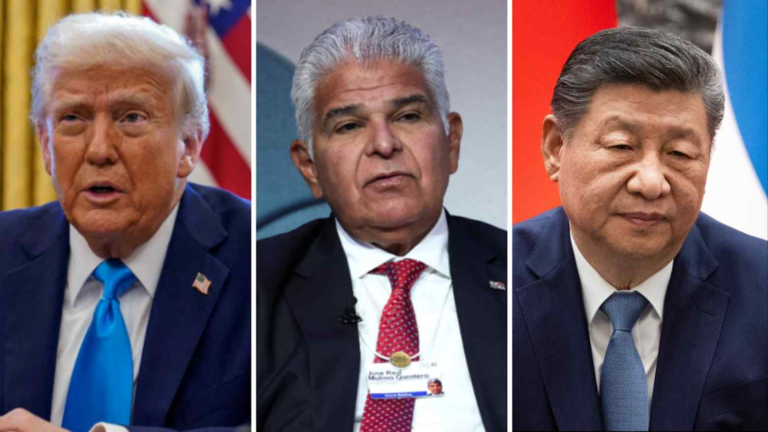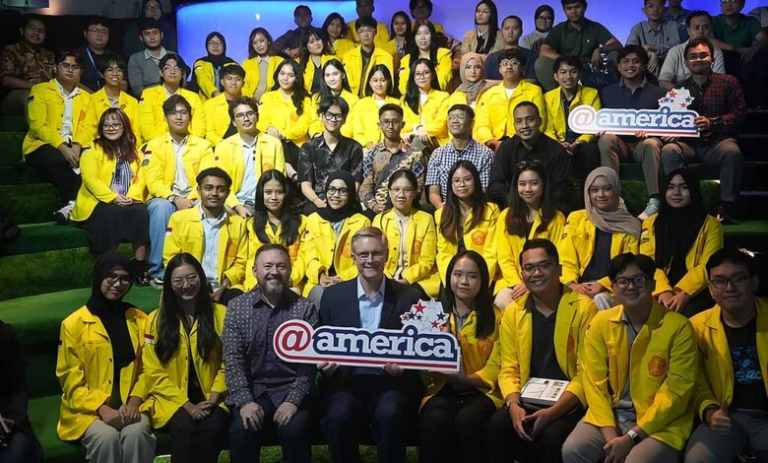
India and Sri Lanka reached defense and energy agreements in April 2025 as New Delhi seeks to consolidate its influence in the island nation. India is concerned about China’s increasing presence in Sri Lanka, which is on one of the world’s busiest shipping routes in what India considers part of its strategic backyard.
Beijing has provided Sri Lanka with billions of dollars in loans for development projects. But Sri Lanka’s economic collapse in 2022 changed the country’s priorities and New Delhi has stepped in with massive financial and material assistance.
The agreements resulted from talks between Indian Prime Minister Narendra Modi and Sri Lankan President Anura Kumara Dissanayake during Modi’s visit to Colombo in early April. Modi was the first global leader hosted by Dissanayake since the Sri Lankan leader took office in September 2024.
Among other measures, the leaders inaugurated construction of an Indian-funded, 120-megawatt solar power plant, a joint venture between the countries.
Sri Lanka faced a severe power shortage in 2022 after being unable to pay for oil and coal to power its electricity plants. It has set ambitious goals of reducing its dependence on fossil fuel.
Modi welcomed the agreements on defense cooperation and said the nations will cooperate on security in the Indian Ocean through a regional group called the Colombo Security Conclave, which includes Bangladesh, Maldives and Mauritius.
“I am grateful to President Dissanayake for his sensitivity towards India’s interests,” Modi said. “We believe that we have shared security interests. The security of both countries is interconnected and co-dependent.”
He said India has a special place for Sri Lanka in its “Neighborhood First Policy” and has fulfilled its duties as a neighbor when Sri Lanka was struggling.
Modi accepted the “Sri Lanka Mitra Vibhushana,” the highest award presented to a foreign leader.
Dissanayake said he reiterated during the talks that Sri Lanka’s territory will not be used for any acts that could harm India’s security or the region’s stability.
China plans to build a $3.7 billion oil refinery near Hambantota port, which was taken over by Beijing after Sri Lanka failed to pay back the loan to develop the port.





